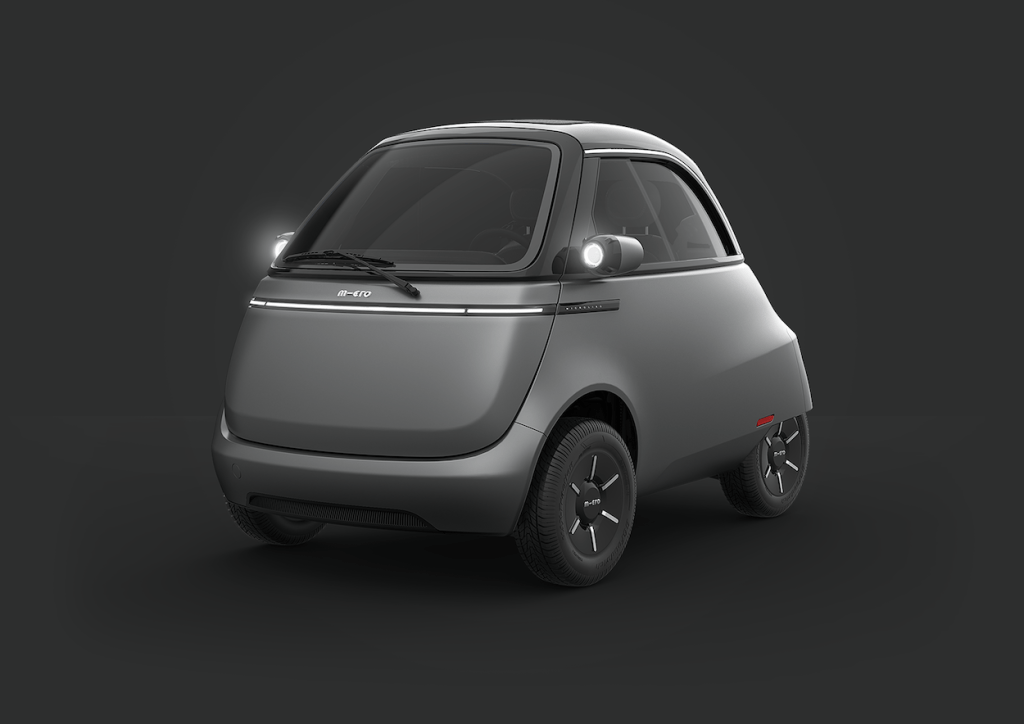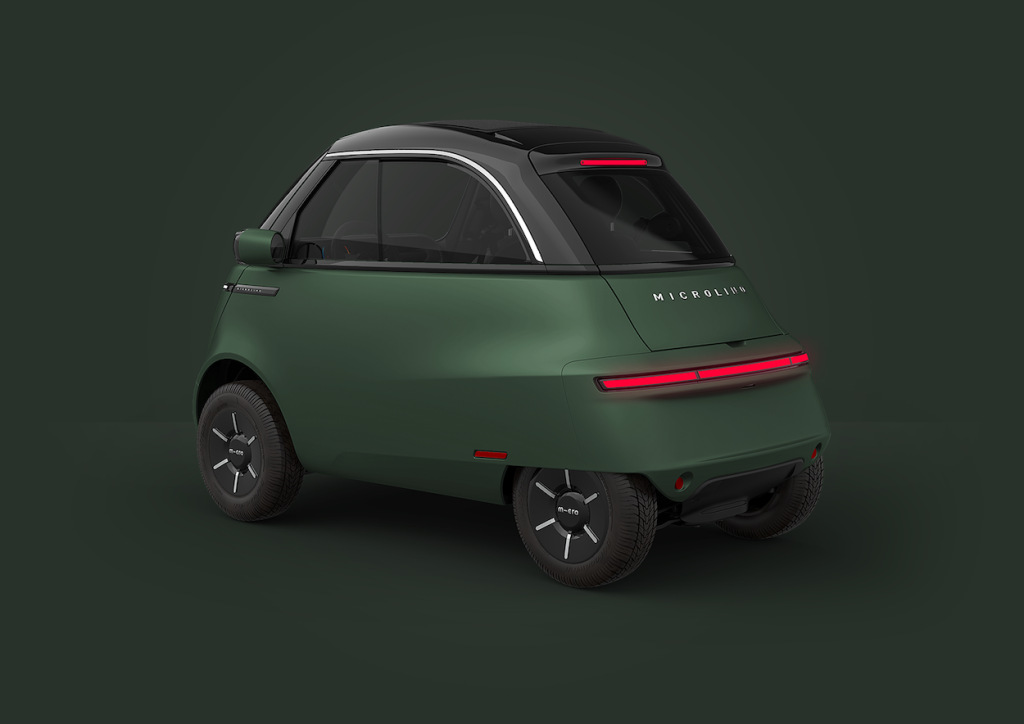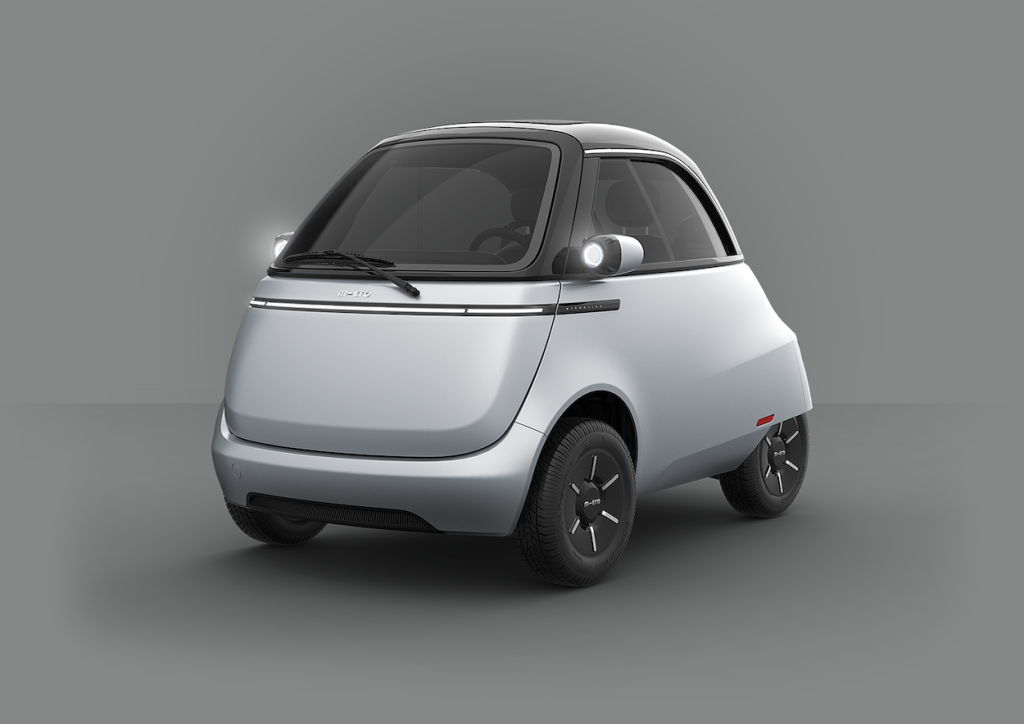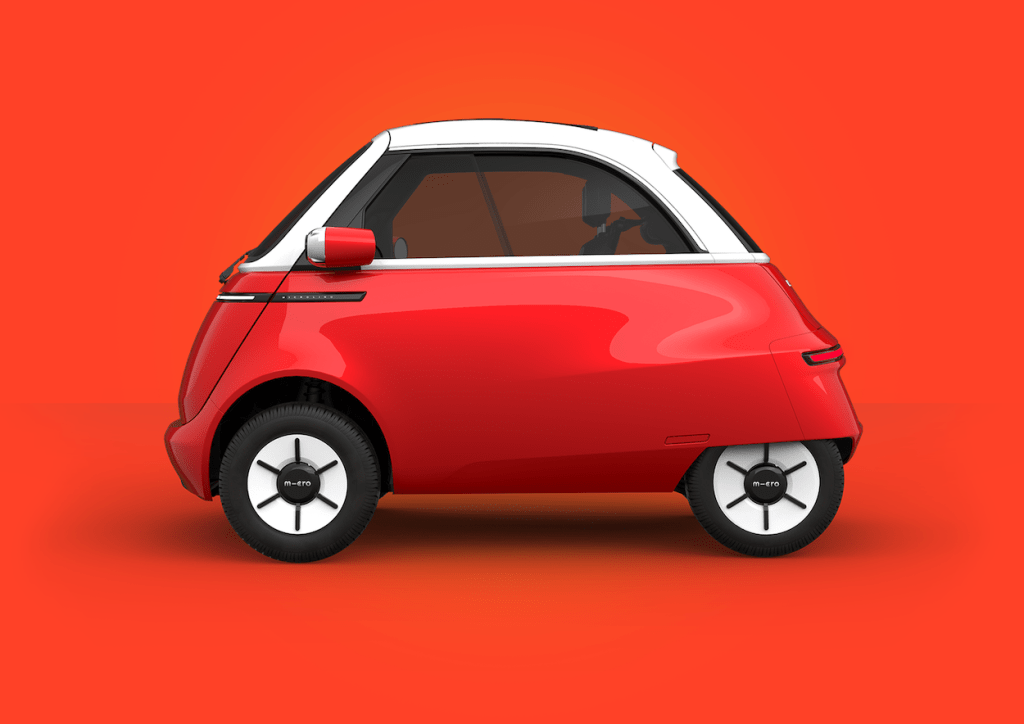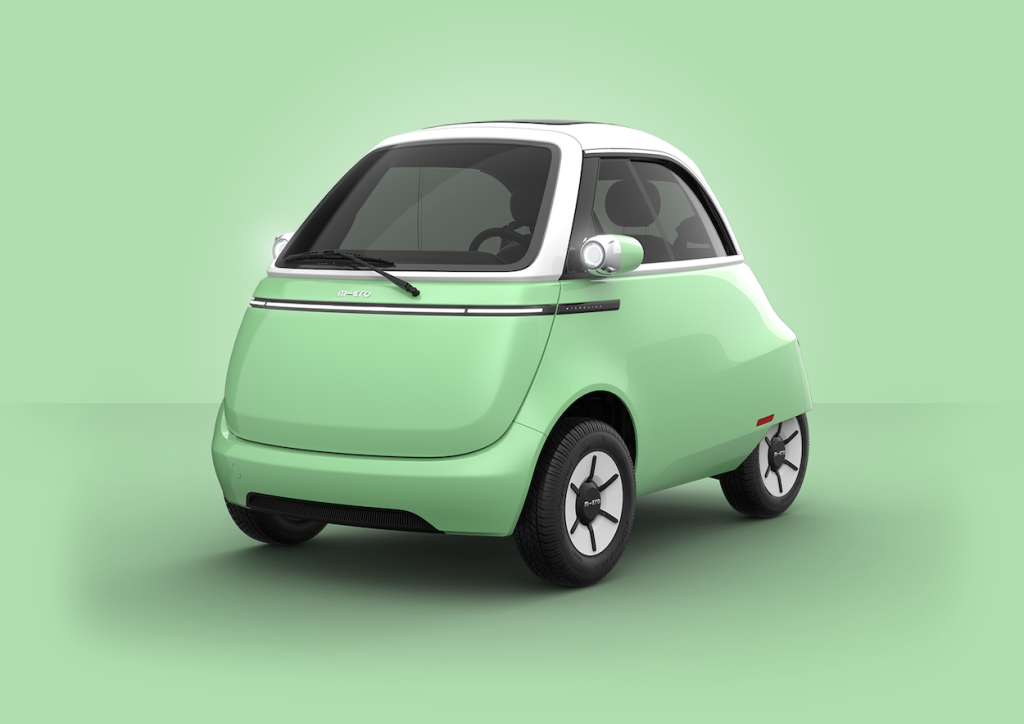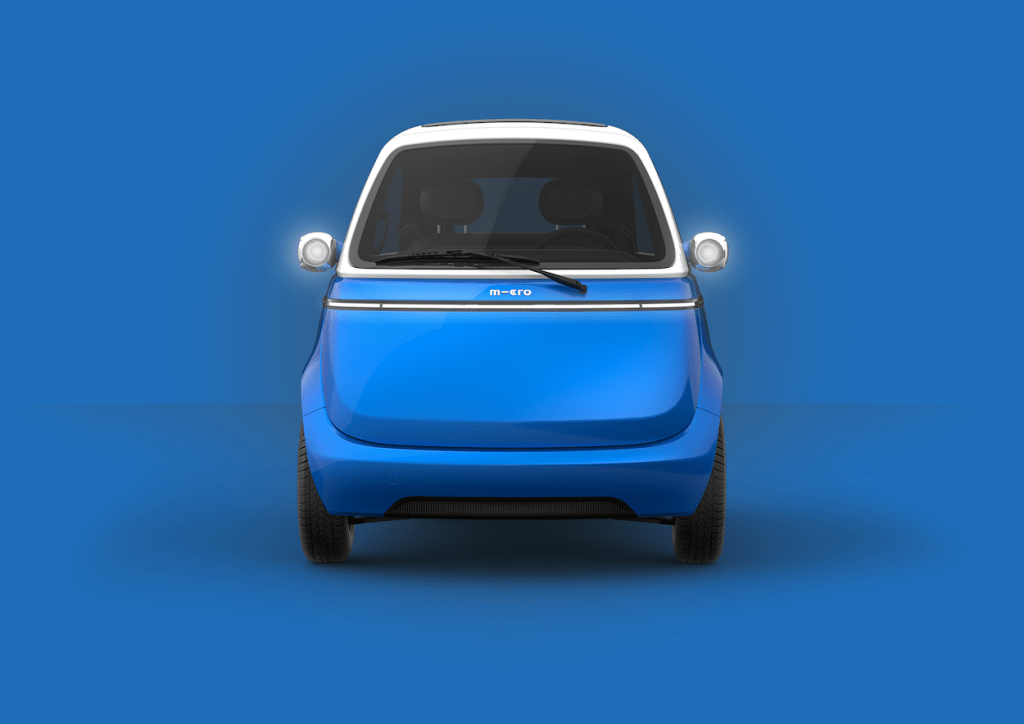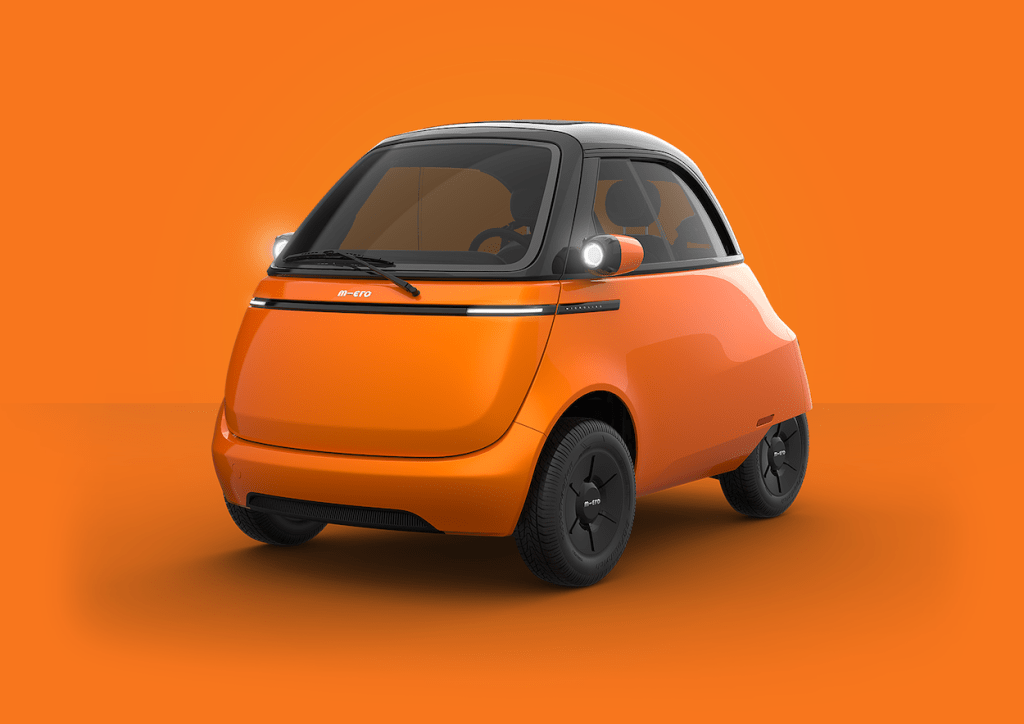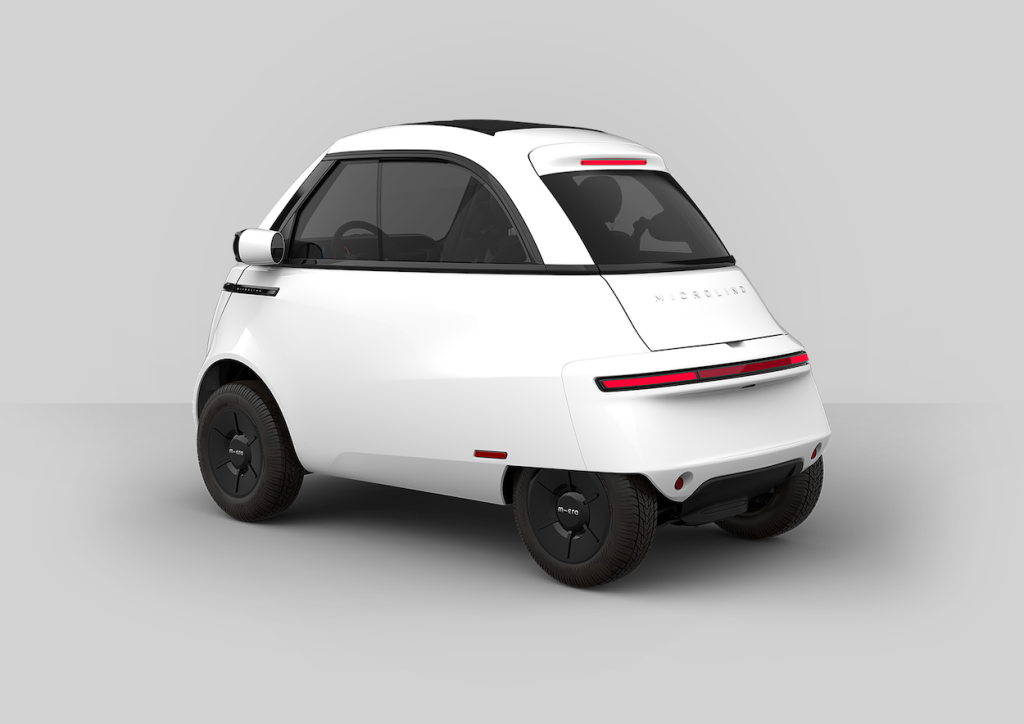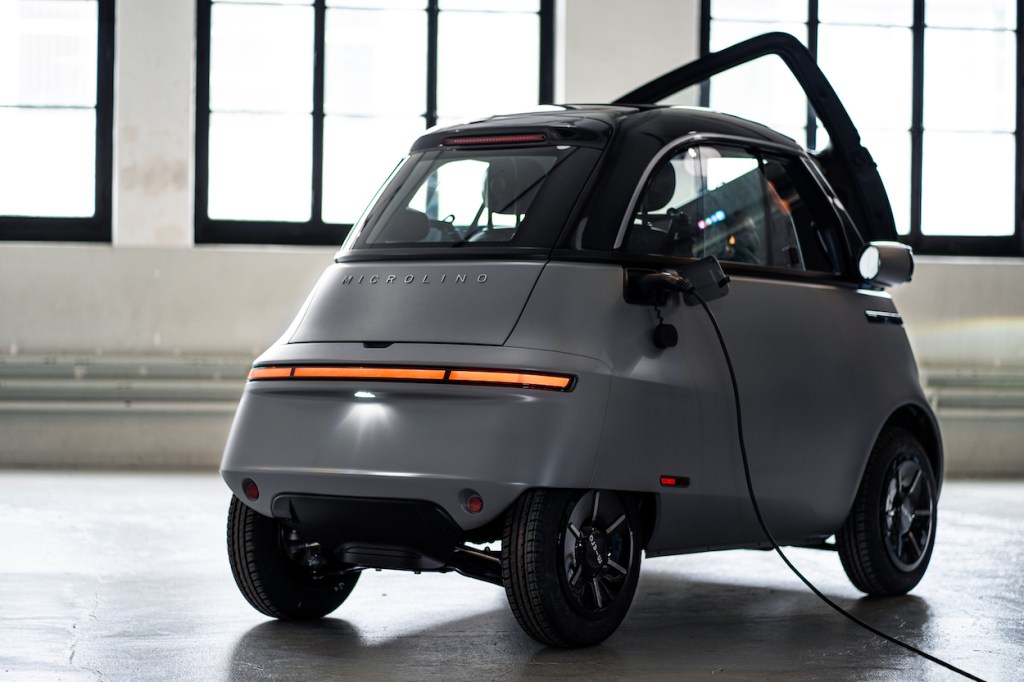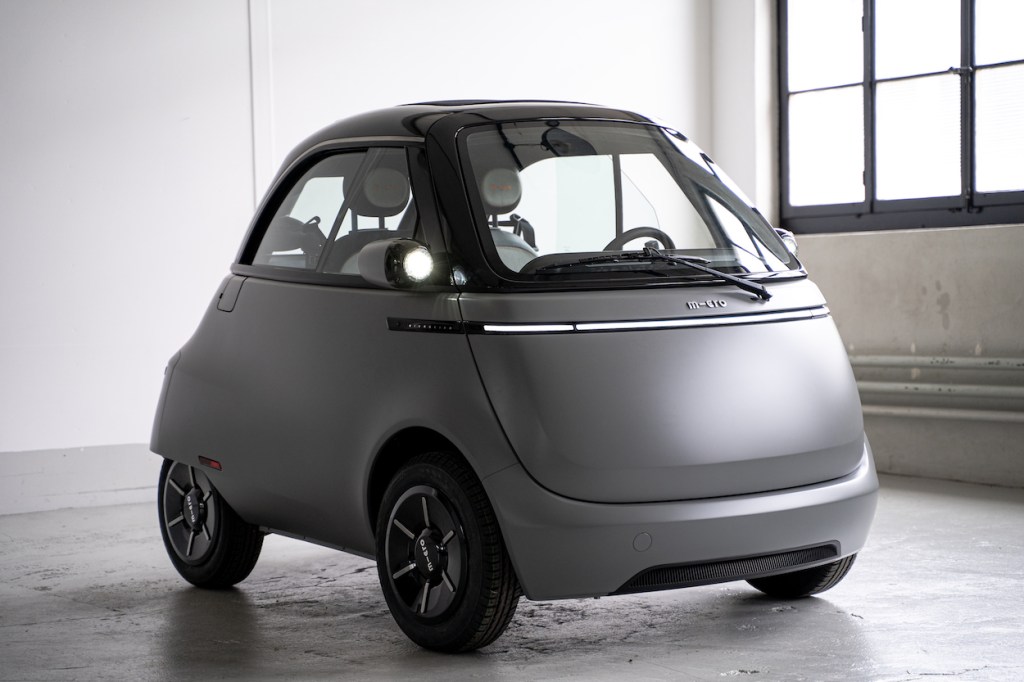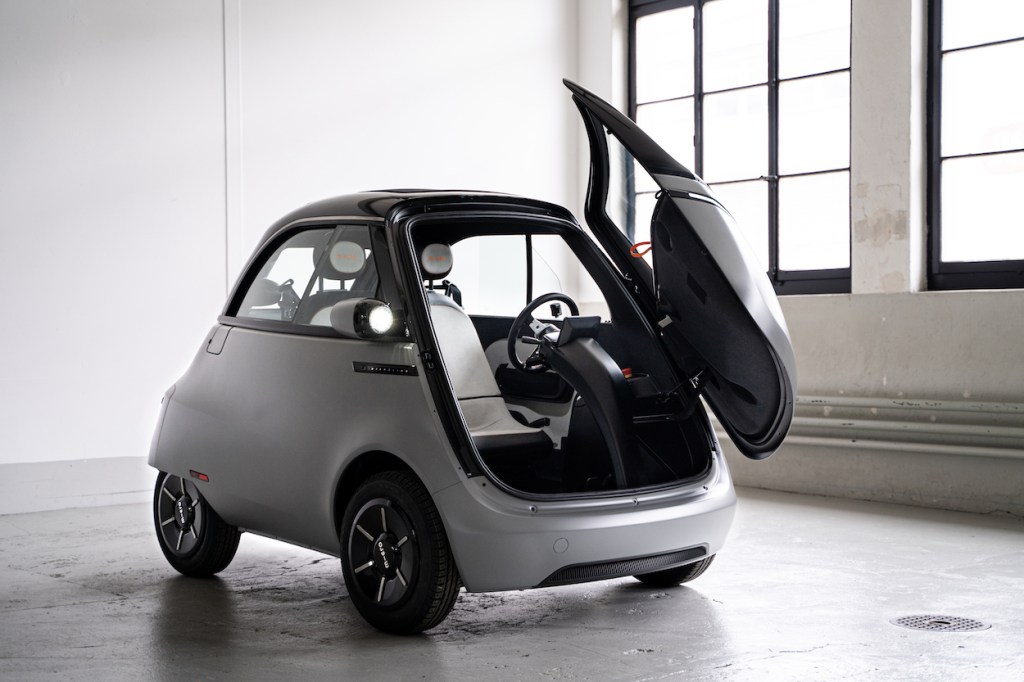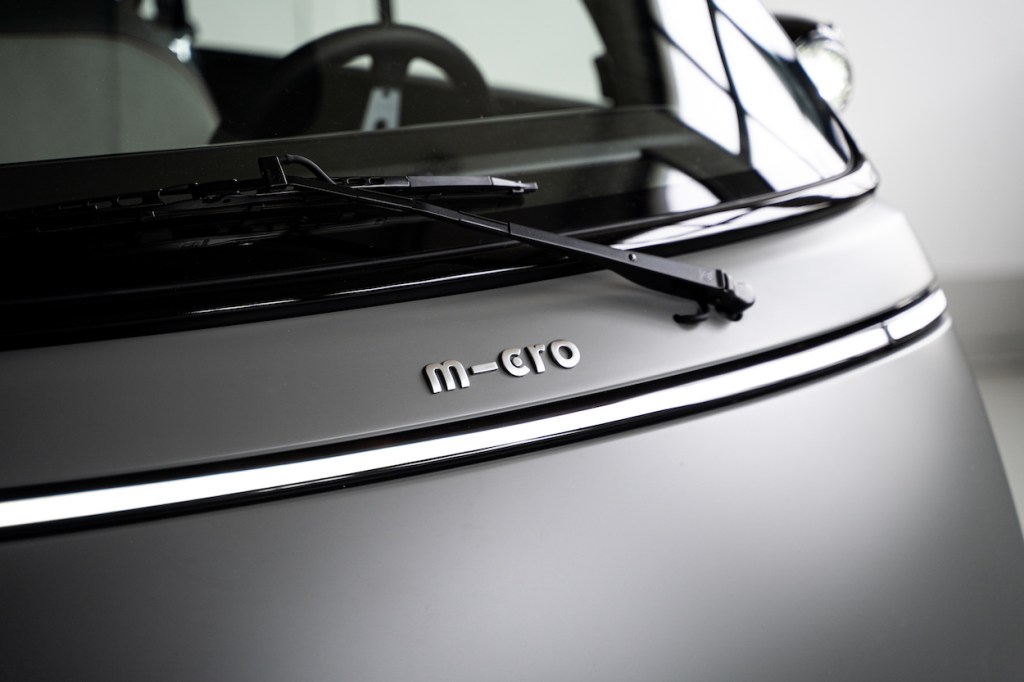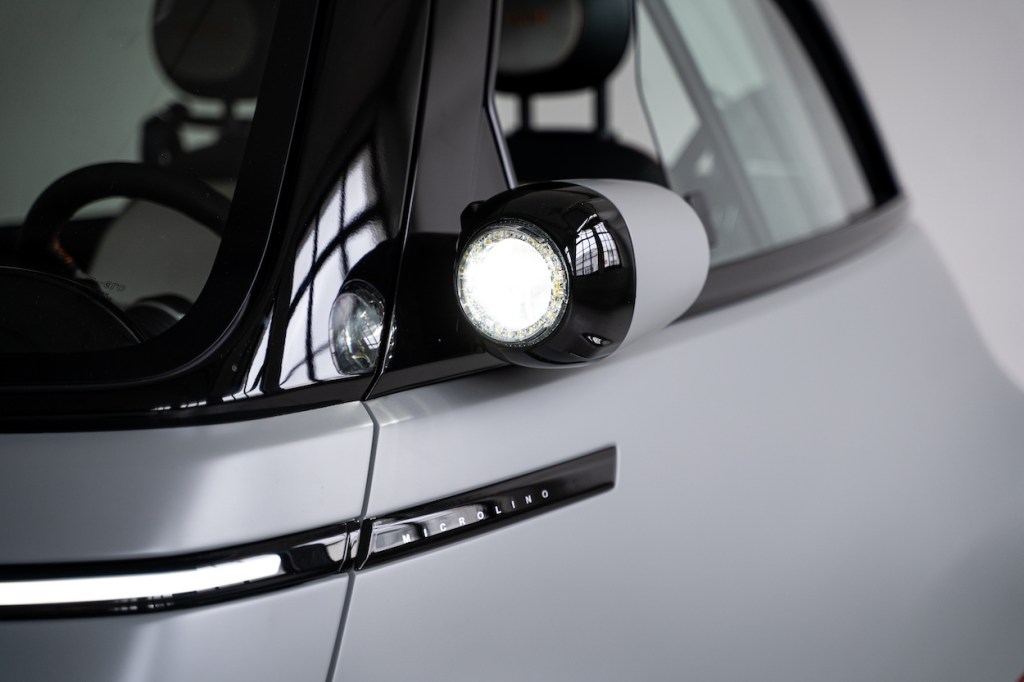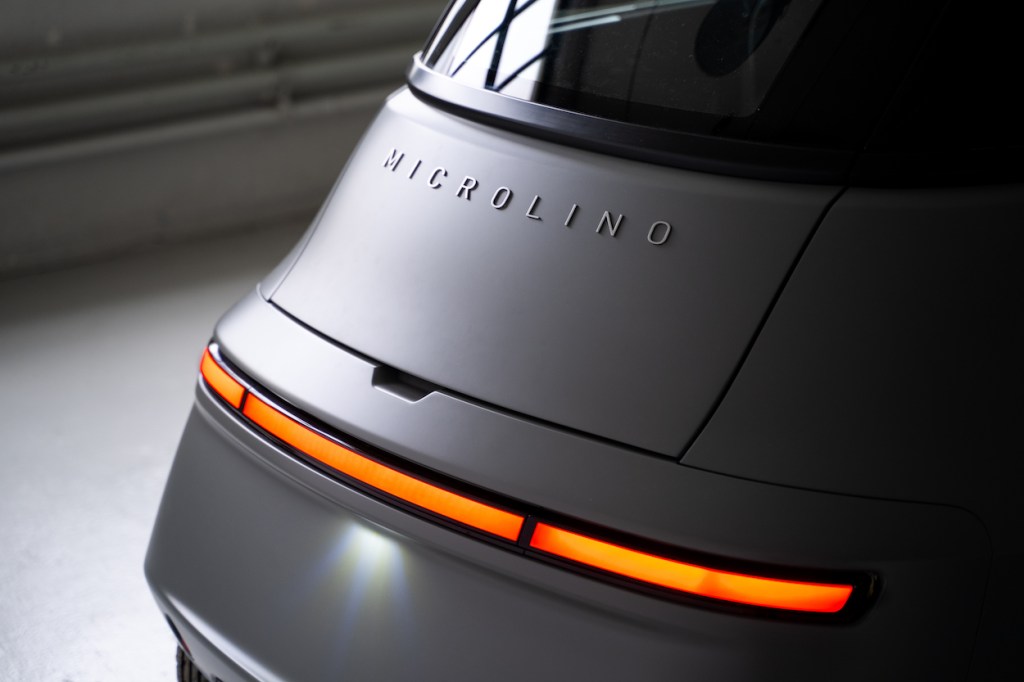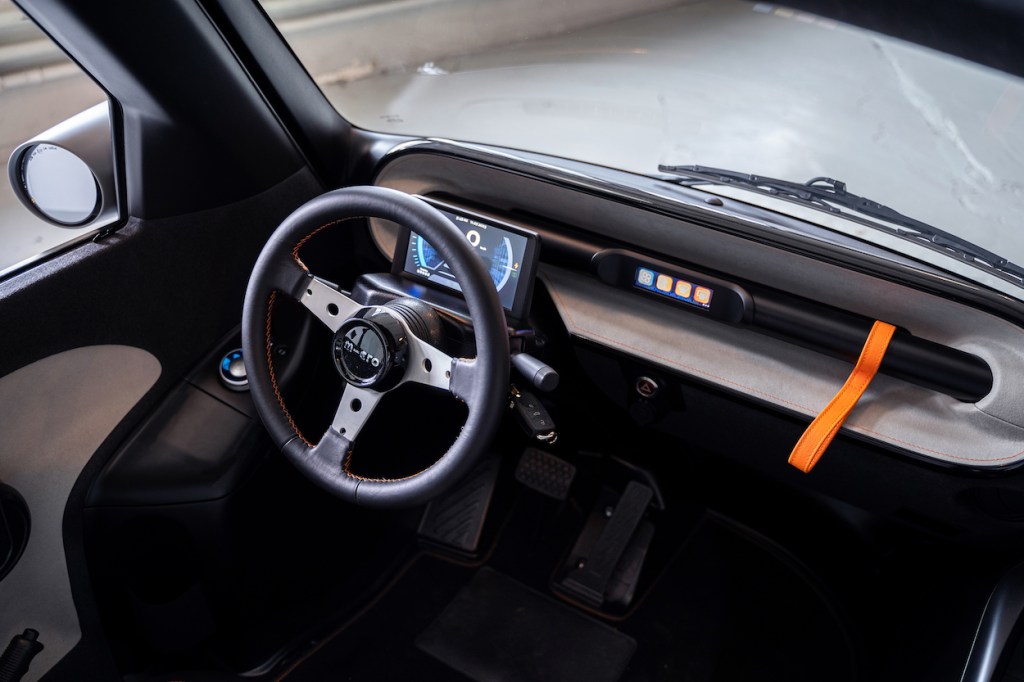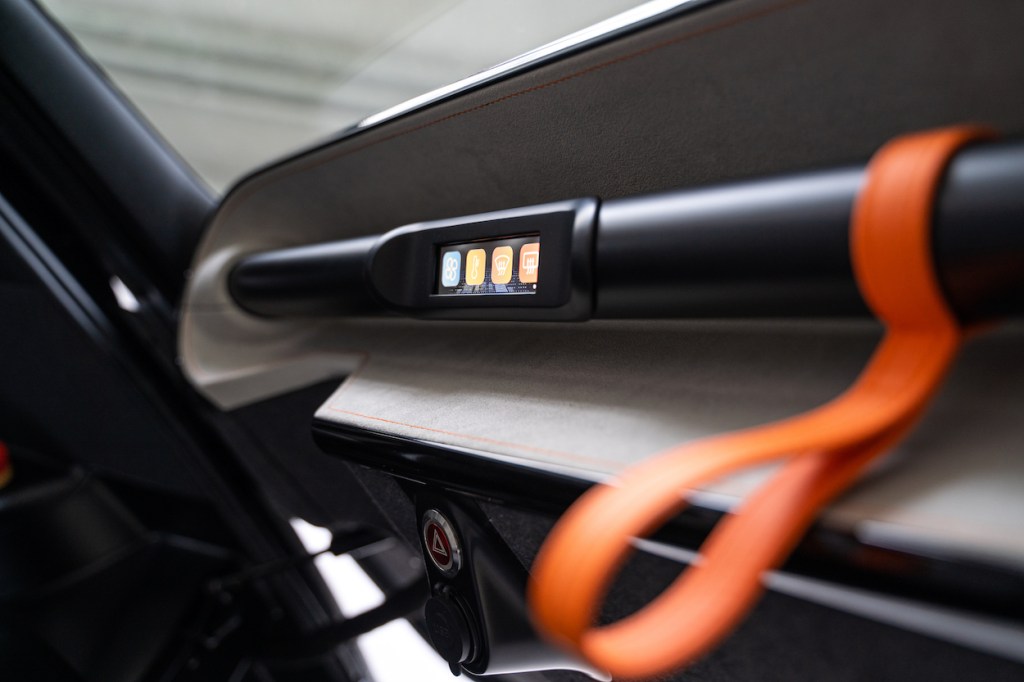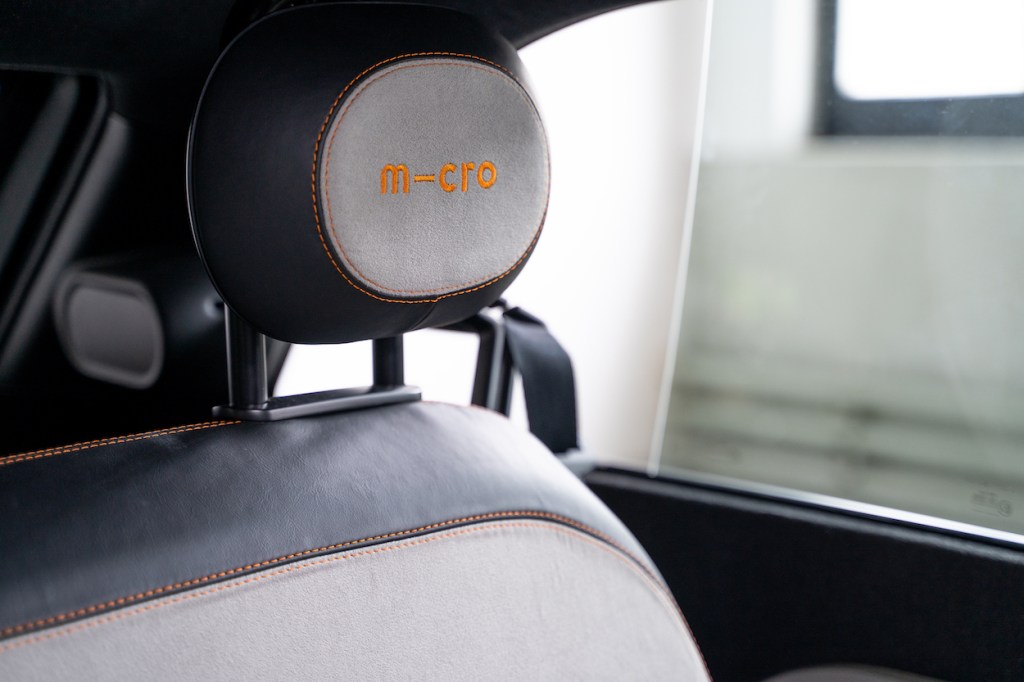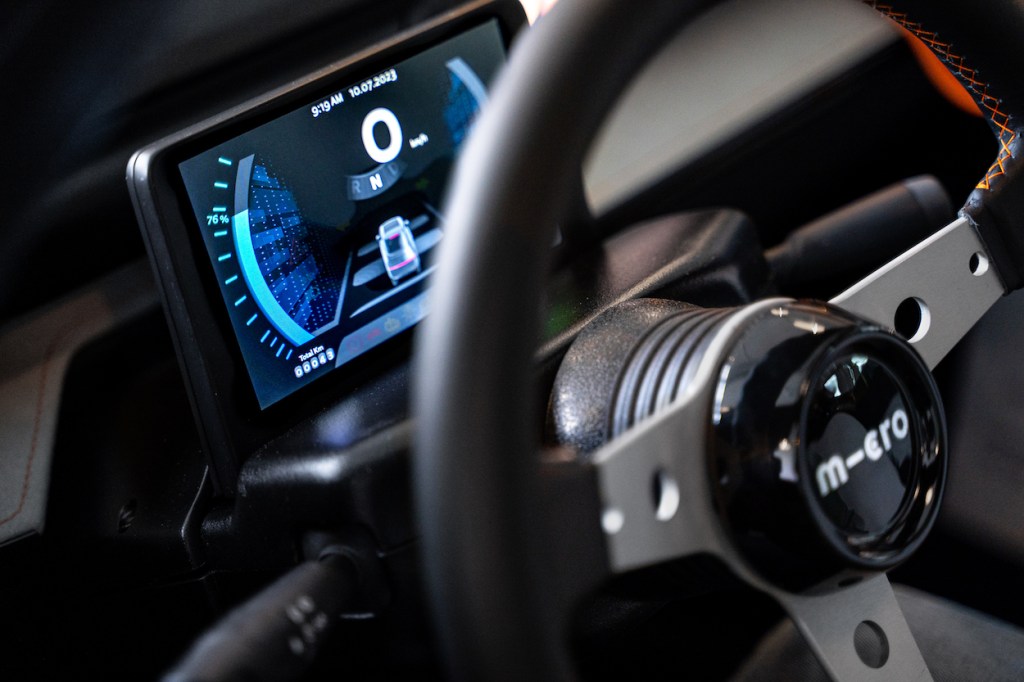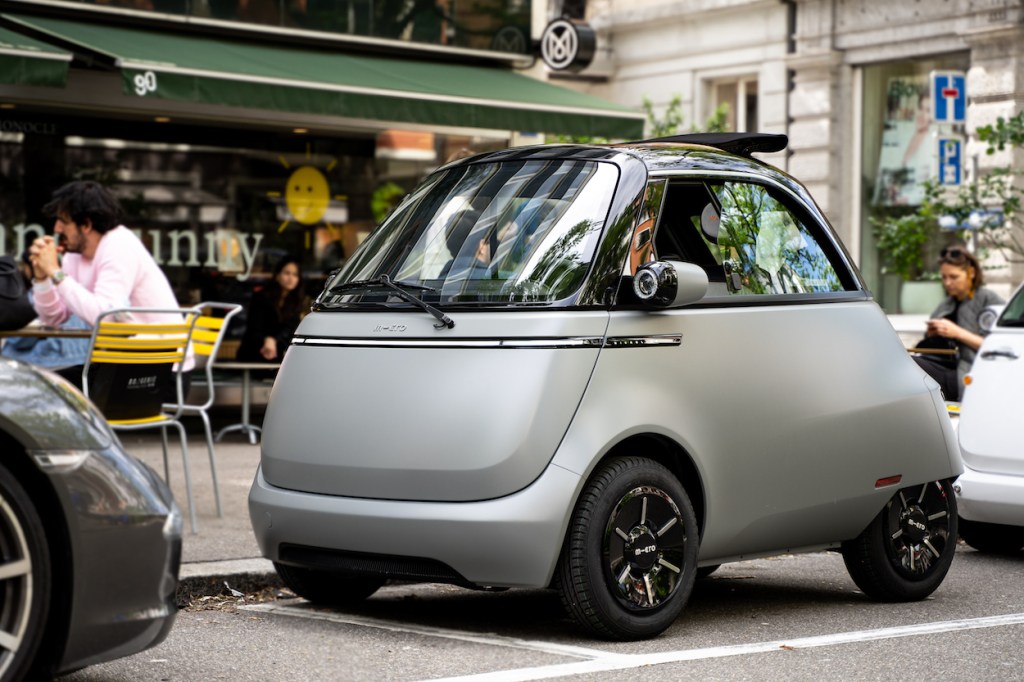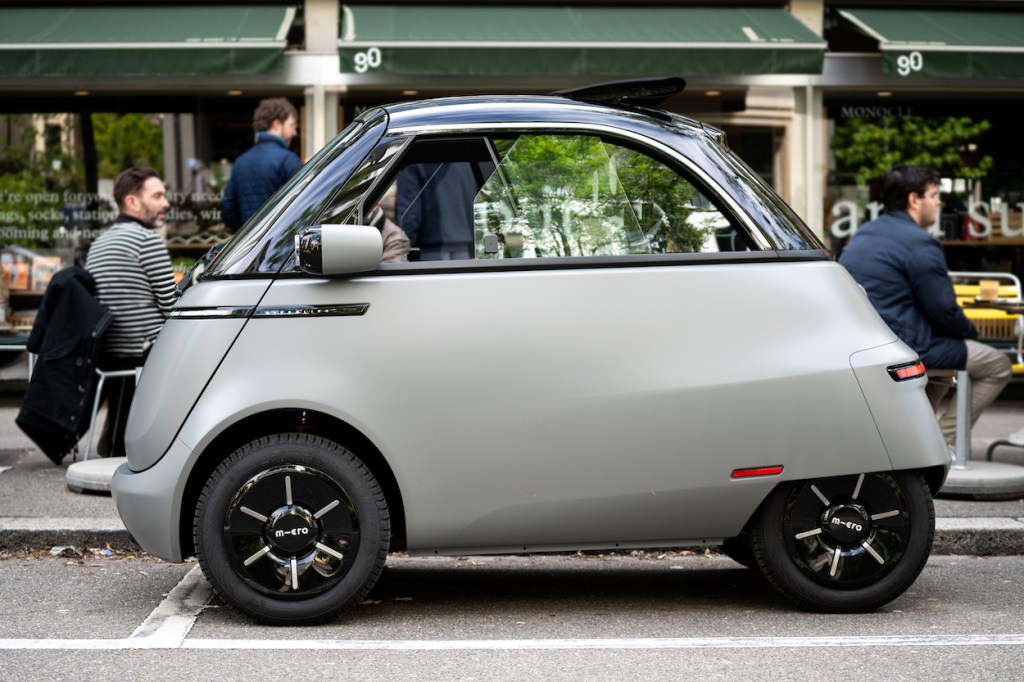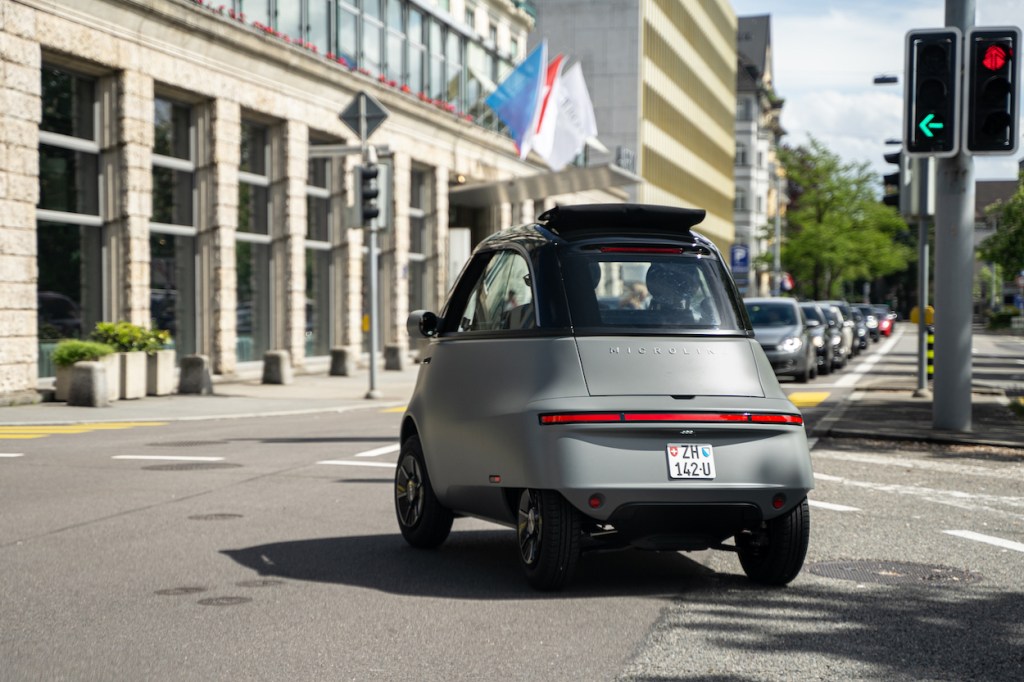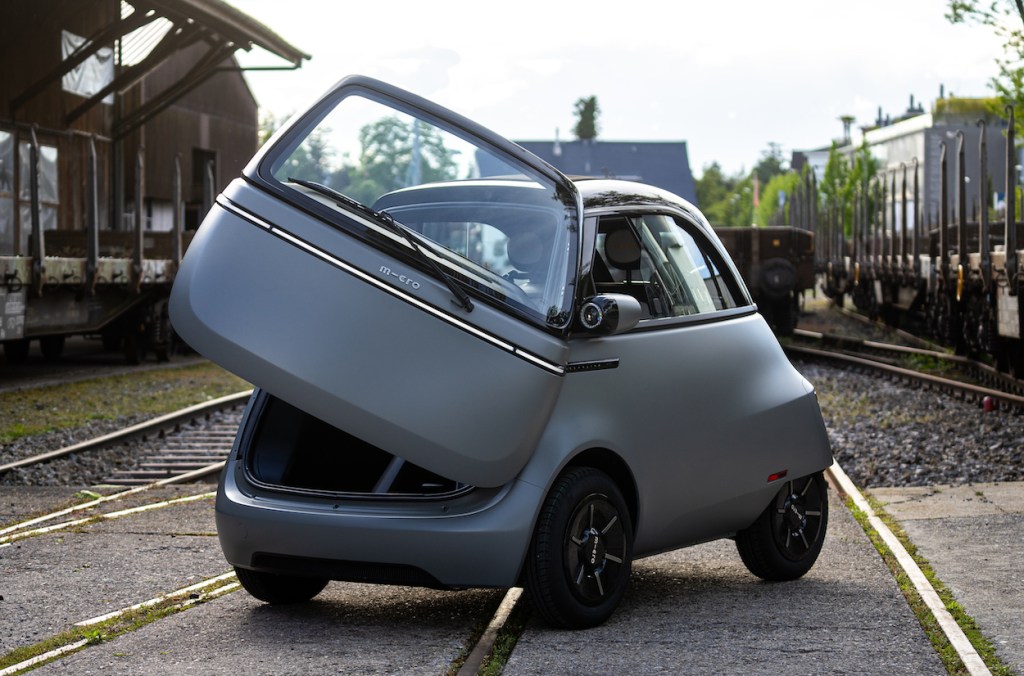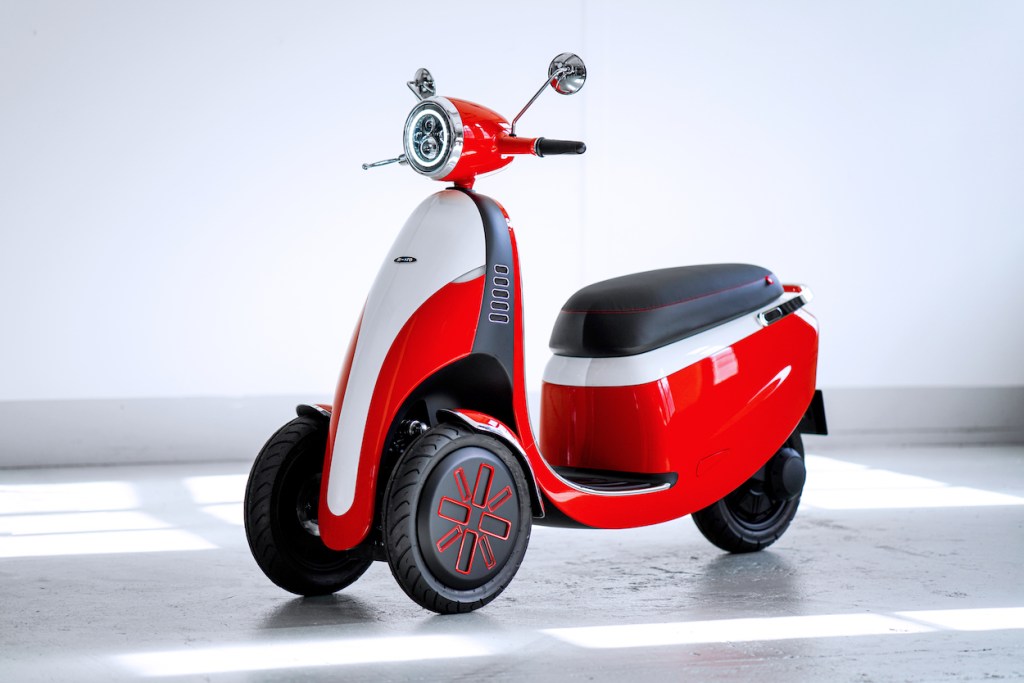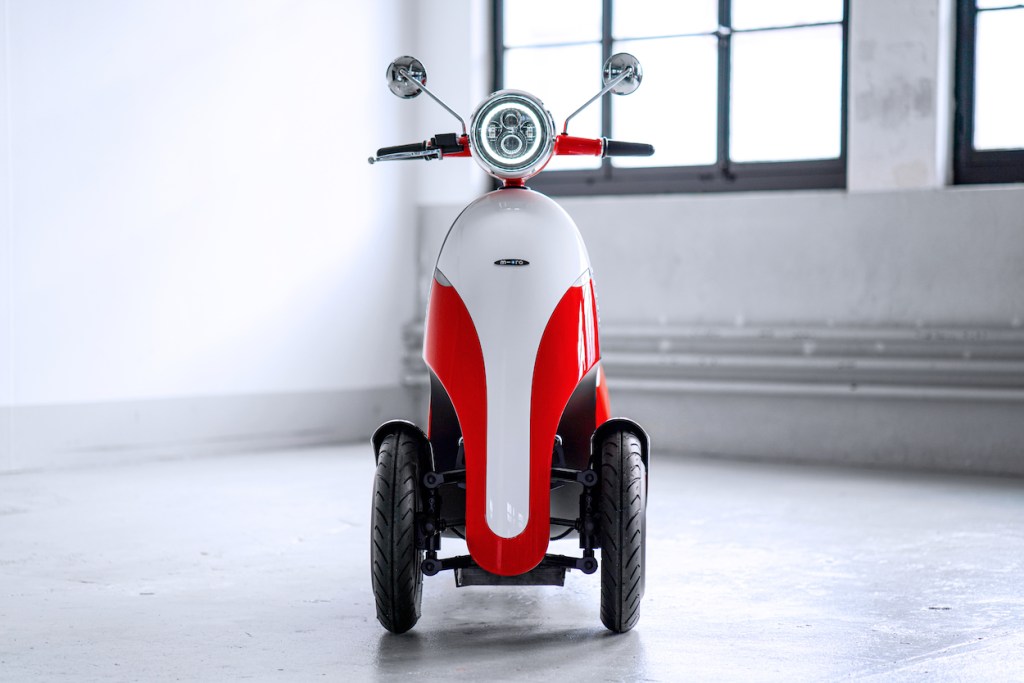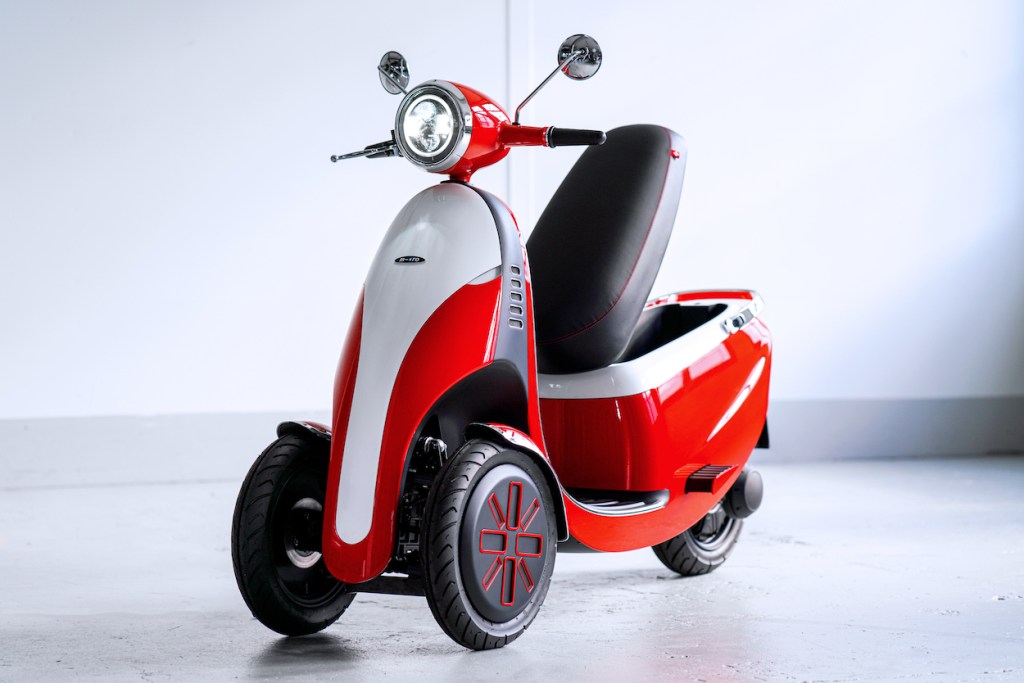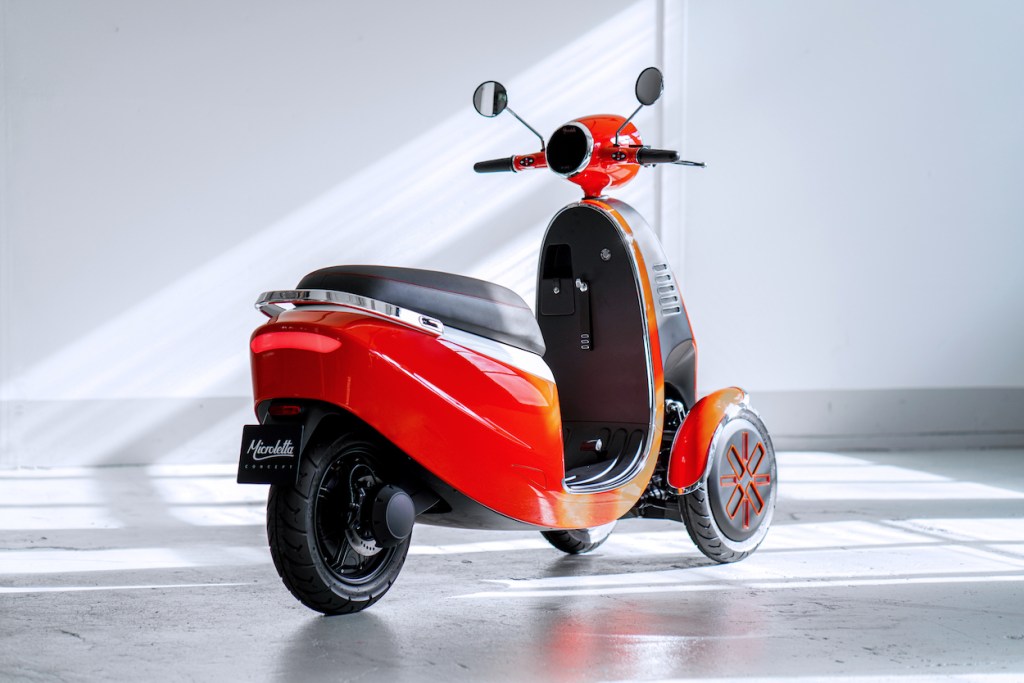
The Microlino is an electric bubble car, often referred to as microcars, that looks like a modern take on a classic BMW Isetta. Swiss mobility company Micro has spent the last few years working out the kinks in the innovative electric vehicle’s design and is now ready to begin production this spring.
With the production line nearly complete, the company is giving us our first look at how these unique little rides come together.
Despite looking like a car (more or less), the Microlino is described as “not a car” by its designers.
That’s true in both a literal and figurative sense, as it is actually classified as a quadricycle in Europe (something akin to a Low-Speed Vehicle or three-wheeled motorcycle classification in the US, which results in less regulation of the category).
The design is built on a four-wheeled foundation but has a single front door and seating for two.
The Microlino’s production facility was constructed in Turin, Italy and the company originally planned to begin production by the end of 2021.
But as with many things in the last couple years, change is now part of the plan.
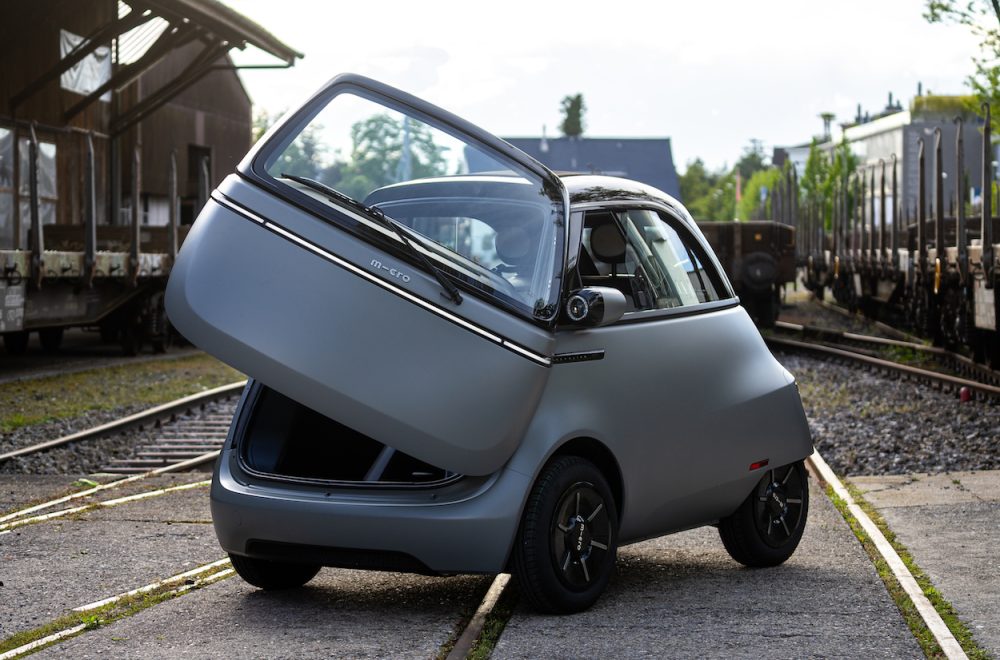
The Microlino’s designers blamed the current COVID-19 situation and ongoing supply chain difficulties for the delay but said production is on track to begin in March of this year.
A small number of vehicles are already being assembled, but these are being used for internal testing and process optimization. Vehicles destined for customers are expected to be part of the volume production starting in March.
As the team explained:
“Our goal was to deliver the first vehicles to customers within the end of the year but the worldwide supply chain chaos is affecting us like many other carmakers. Despite our preparations to order crucial parts way in advance, the situation has gotten much worse and is now affecting more and more parts. Now, even commodity parts like simple connectors for the wiring harness have become scarce and have lead times of up to 50 weeks!
We are already producing vehicles with the current production set-up but at a much lower rate due to the missing parts and the shortage of larger quantities. These cars are used for additional testing and process optimization.
What does this mean for the start of production and the first vehicles delivered to customers? The situation forces us to postpone our start of production until we have all the necessary parts. With respect to that we plan to start production mid of March 2022 in a slow ramp-up and plan to deliver the first customer vehicles in April/May in Switzerland and soon thereafter in Germany. The good news: we are going to make up for the delayed production start later, by having a faster ramp-up in the second half of 2022.”
To offer a closer look at what that production will entail, the company released a short video giving us a fighter pilot’s perspective of the chassis assembly line in Turin.
Check out the video below to see for yourself.
As a camera drone buzzes the factory floor, we can see giant stamping machines and robotic spot welders at work preparing the unibody chassis of the vehicle.
That unibody structure replaced the original Microlino 1.0’s more primitive tubular frame last year and was a big part of the redesign of the Microlino 2.0.
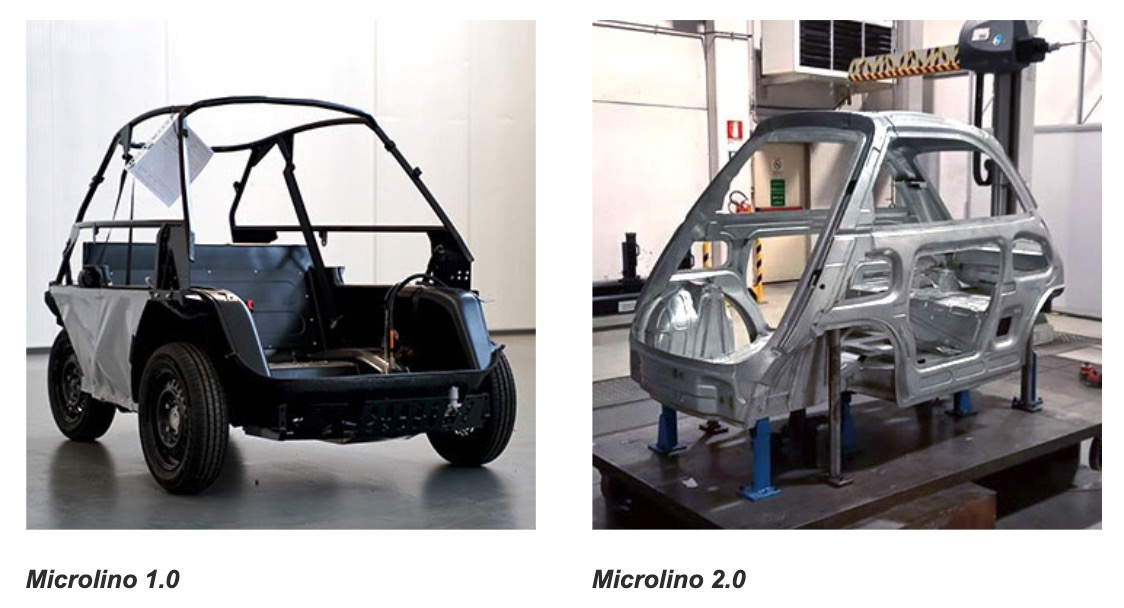
The Microlino 2.0 is primarily intended for use as an urban vehicle. It has a top speed of 90 km/h (56 mph) and a 12.5 kW (16.8 hp) motor, meaning it should be modestly peppy for the city but might take a bit longer to get up to its top speed.
The two-seater also sports 230 liters (8.1 cubic feet) of storage space in the trunk, despite its rather small appearance.
Micro has announced that the Microlino 2.0 will be available in three models at launch: Urban, Dolce, and Competizione.
Those three models refer to the size of the battery at 6, 10.5, and 14 kWh, translating to ranges of 95, 175, and 230 km (60, 109, and 143 miles).
The Microlino 2.0 starts at €12,500 (approximately US $14,150).
Over 24,000 people have placed reservations for the little electric not-a-car, and the online configurator for the vehicle is expected to come online in the near future.
As the company explained:
“The long anticipated online configurator is almost ready and will be launched in February, with the first test drive events following soon afterwards. Apart from the three editions Urban, Dolce and Competizione that we already unveiled, we will introduce the exclusive limited edition for the first 500 Microlinos ever produced, called Pioneer Series.
The configurator will be accessible to all our customers but in the first step only ourSwiss customers will be able to make a down payment. Other countries like Germany will follow soon. The exact launch dates per country will be communicated individually.”
Electrek’s Take
I’m very bullish about Low-Speed Vehicles (LSVs and NEVs in the US) and quadricycles (as they are usually categorized in Europe). They make excellent alternatives to conventional cars in crowded urban environments.
A vehicle likes this simply makes perfect sense in cities, where the enclosed design can offer advantages over bicycles and motorcycles for drivers that don’t want to be quite so exposed. Drivers can stay dry in a climate-controlled vehicle, plus there is much more room for cargo than on an e-bike or other micromobility alternative.
They are also somewhat safer, though no one should confuse these with cars that are held to higher crash test ratings and safety standards.
Even so, in slow-speed traffic like that found in most cities, these types of vehicles can be more efficient, less expensive, and more convenient for drivers and city residents alike.
I’m also super excited about the Microletta electric scooter concept that Micro has shown off before. There’s no indication the company will actually bring it to market, but my fingers are crossed.
The scooter features two front wheels and leans into turns, providing a similar ride experience to a two-wheeler yet with the added stability of a three-wheeler.
The scooter has a top speed of 80 km/h (50 mph) and range of 100 km (62 miles), which has been enough to convince over 5,000 people to sign up to reserve a scooter. If that’s not a roaring endorsement, I don’t know what is.
Subscribe to Electrek on YouTube for exclusive videos and subscribe to the podcast.
Author: Micah Toll
Source: Electrek



